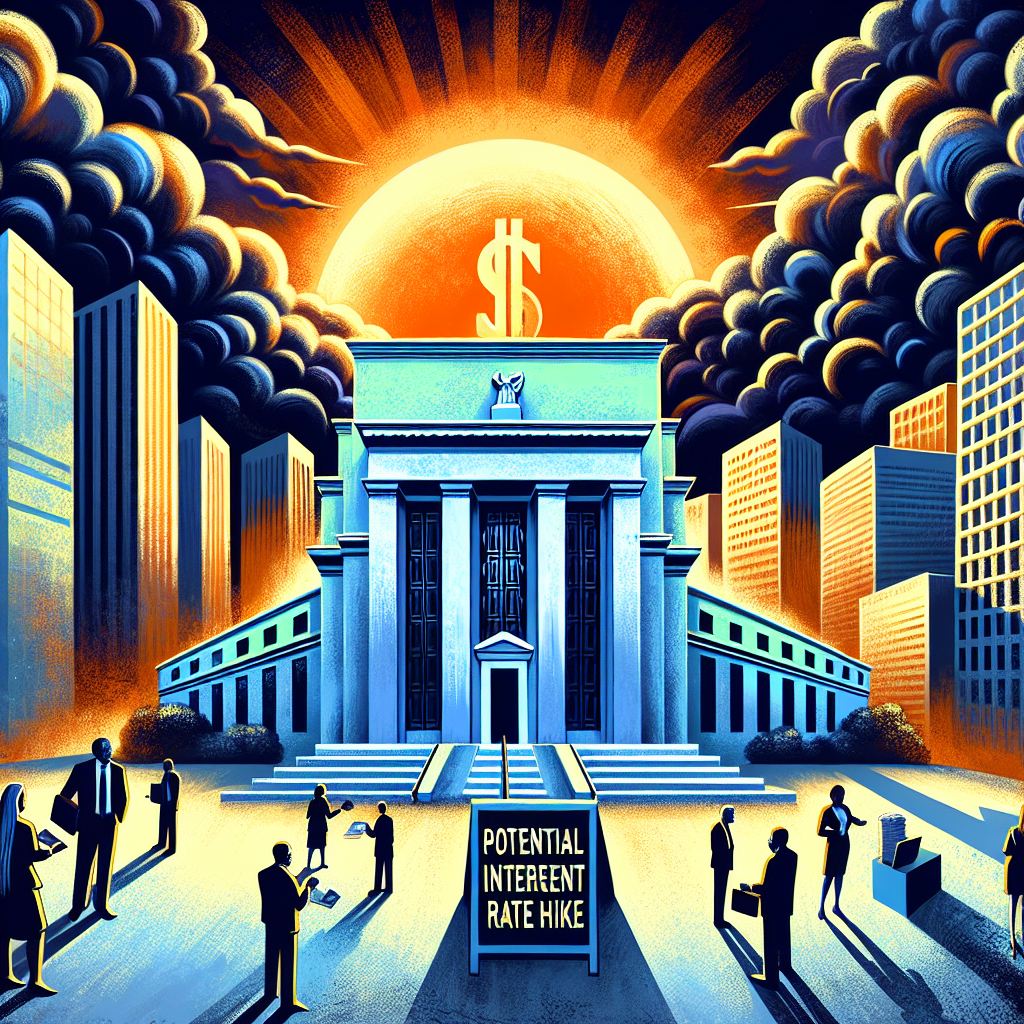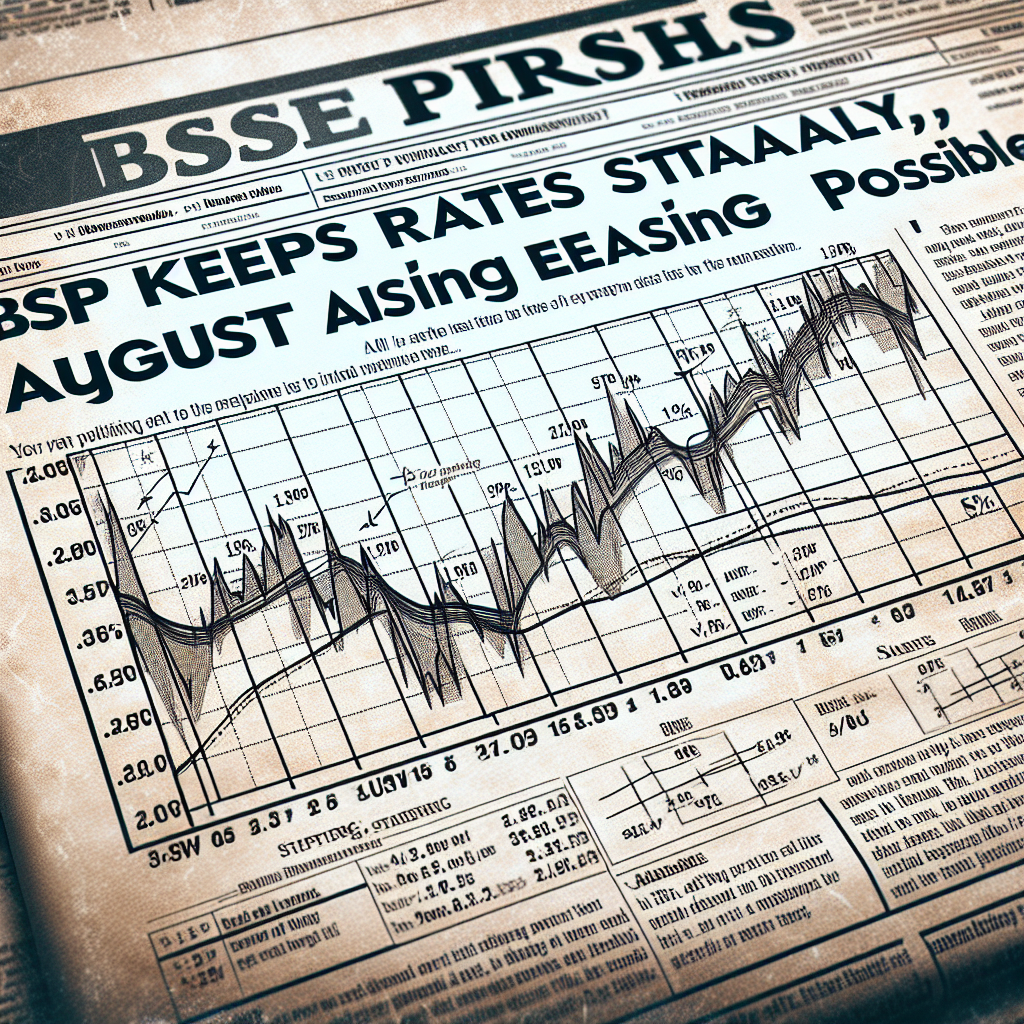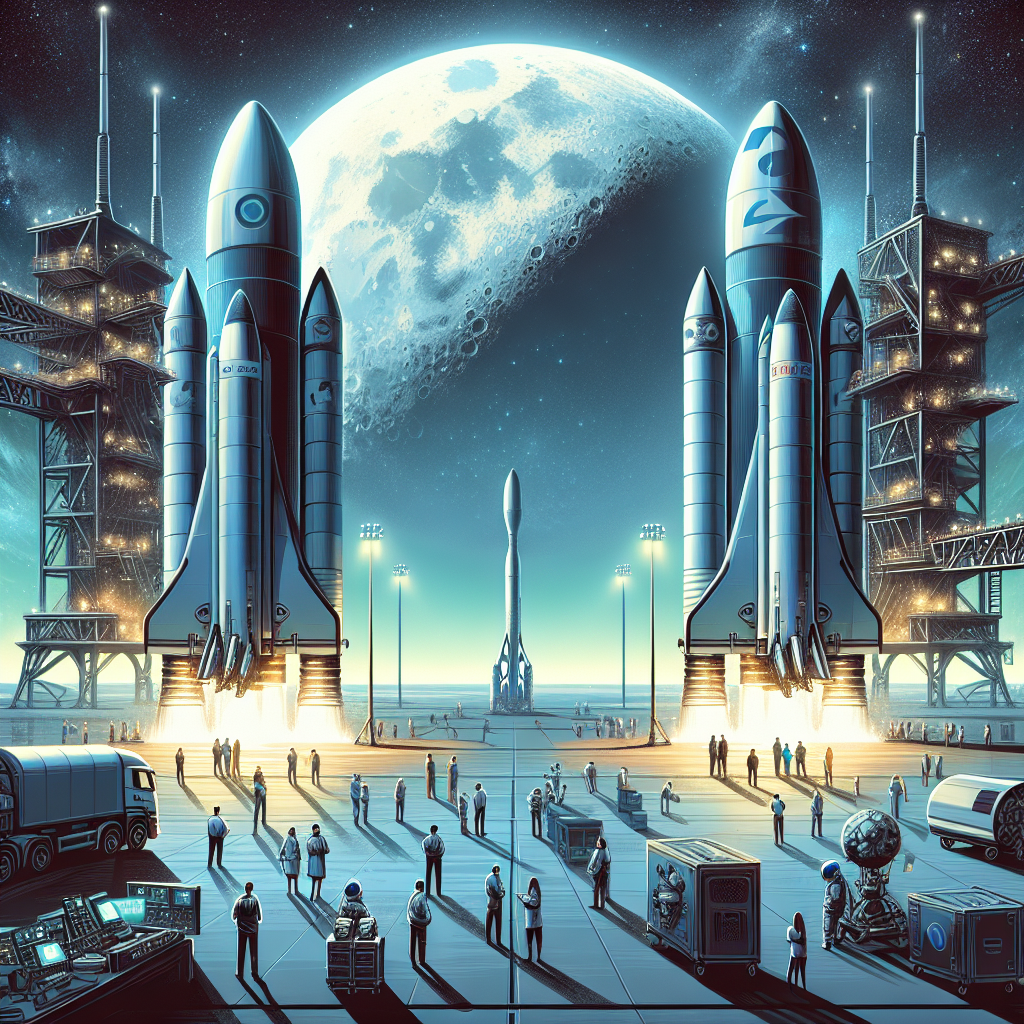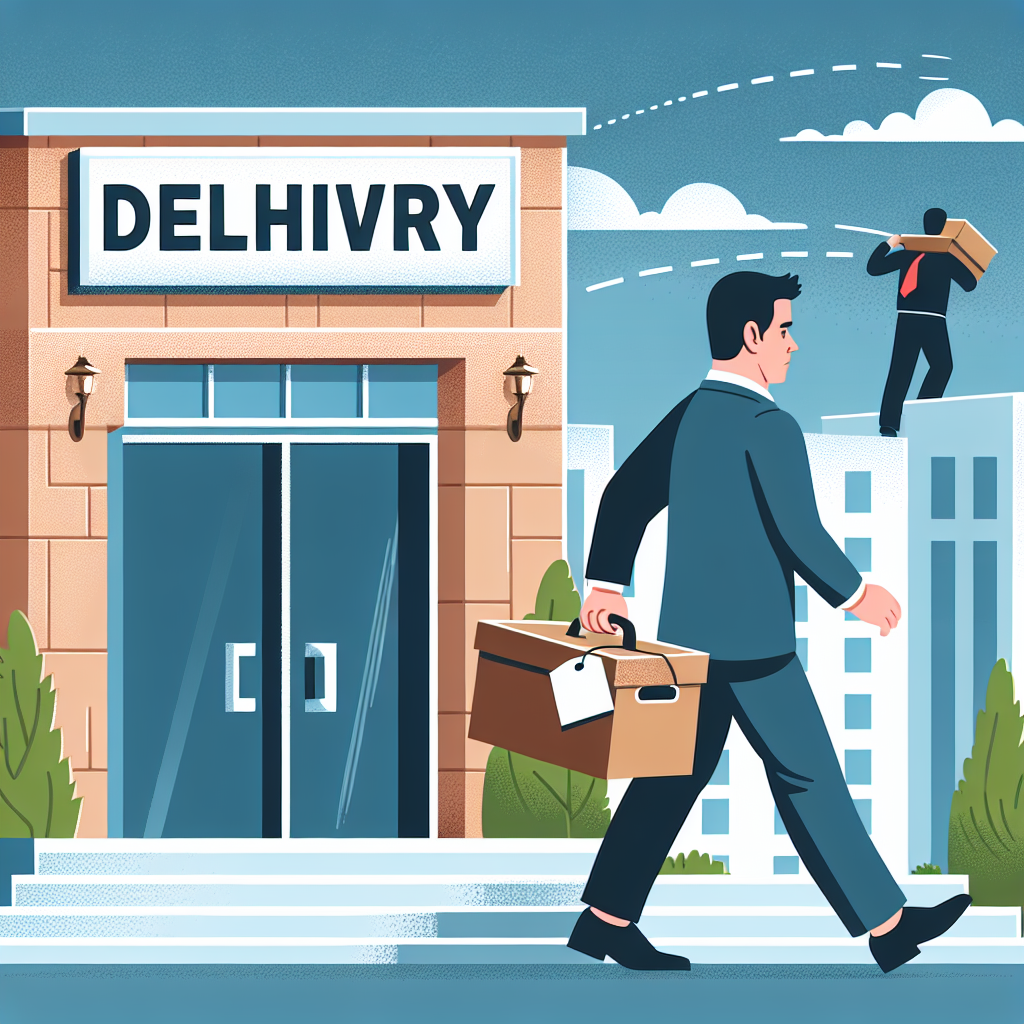The Impact of Potential Interest Rate Hike on the Economy
The Federal Reserve has recently signaled a potential interest rate hike as concerns about inflation continue to mount. This decision has significant implications for the economy, as it can affect various sectors and individuals in different ways. In this article, we will explore the impact of a potential interest rate hike on the economy and analyze its potential consequences.
One of the primary effects of an interest rate hike is its impact on borrowing costs. When interest rates increase, it becomes more expensive for individuals and businesses to borrow money. This can have a direct impact on consumer spending and business investment. Higher borrowing costs can discourage individuals from taking out loans for big-ticket purchases such as homes or cars, which can lead to a slowdown in the housing and automotive industries.
Moreover, businesses may also be hesitant to invest in new projects or expand their operations when borrowing becomes more expensive. This can result in a decrease in business investment, which can have a ripple effect on job creation and economic growth. Additionally, higher interest rates can also affect the stock market, as investors may shift their focus from stocks to fixed-income investments that offer higher returns.
Another area that can be affected by an interest rate hike is the housing market. Higher interest rates can make mortgages more expensive, which can reduce the affordability of homes for potential buyers. This can lead to a decrease in demand for housing, which can ultimately result in a slowdown in the construction industry. Furthermore, existing homeowners with adjustable-rate mortgages may face higher monthly payments, putting additional strain on their budgets.
The impact of an interest rate hike on the economy is not limited to borrowing costs and the housing market. It can also affect the value of the U.S. dollar in relation to other currencies. When interest rates rise, it can attract foreign investors seeking higher returns on their investments. This increased demand for the U.S. dollar can lead to its appreciation, making U.S. exports more expensive and imports cheaper. As a result, industries that rely heavily on exports, such as manufacturing and agriculture, may face challenges due to reduced competitiveness in the global market.
Furthermore, an interest rate hike can also have an impact on inflation. The Federal Reserve often raises interest rates to curb inflationary pressures. By increasing borrowing costs, the central bank aims to reduce consumer spending and business investment, which can help to cool down the economy and prevent excessive price increases. However, if the interest rate hike is too aggressive, it can potentially lead to a significant slowdown in economic activity, which can have adverse effects on employment and overall economic growth.
In conclusion, a potential interest rate hike by the Federal Reserve can have far-reaching implications for the economy. It can affect borrowing costs, consumer spending, business investment, the housing market, the value of the U.S. dollar, and inflation. As the central bank carefully considers its decision, it must strike a delicate balance between controlling inflation and maintaining economic stability. The impact of this decision will be closely watched by economists, policymakers, and individuals alike, as it can shape the trajectory of the economy in the coming months.




